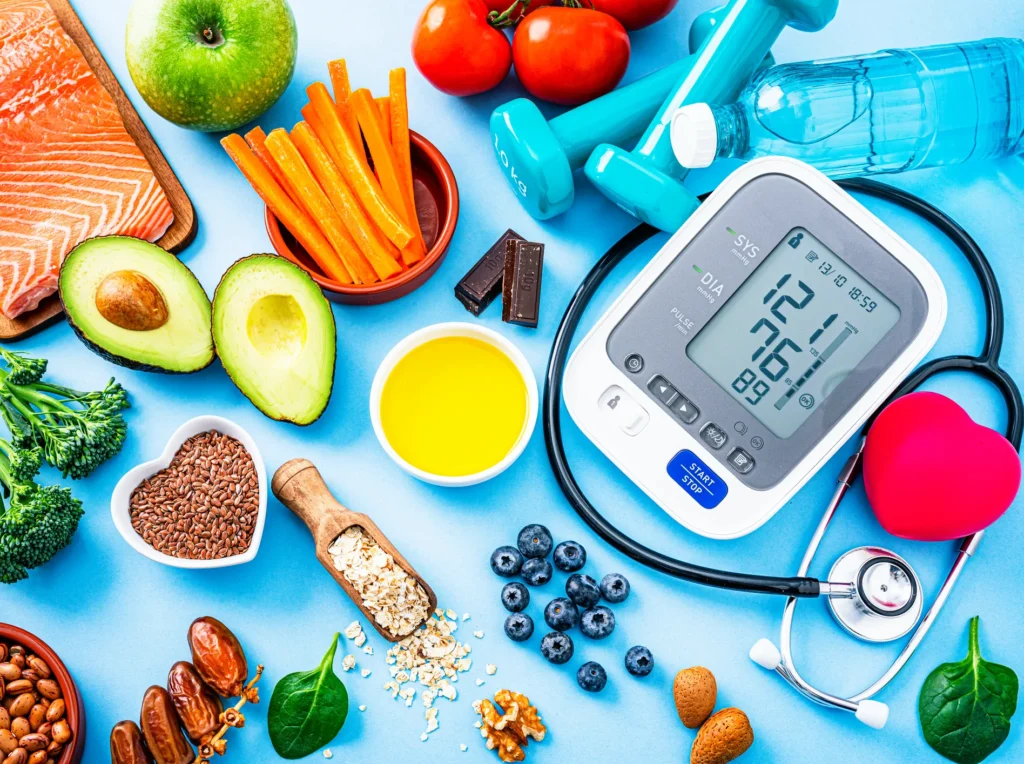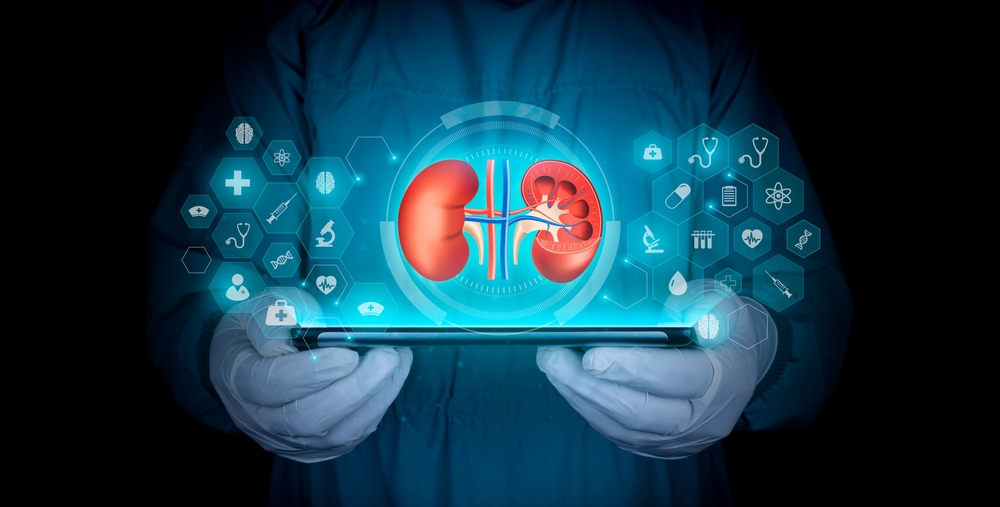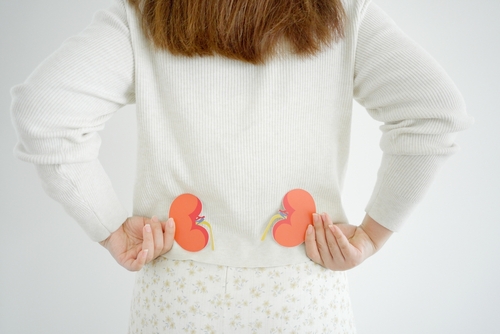High blood pressure, or hypertension, is often called the “silent killer” because it can damage the body without causing obvious symptoms. One of the organs most affected by high blood pressure is the kidney. Understanding this connection and taking steps to protect both your heart and kidneys can go a long way in preventing serious health complications.
How High Blood Pressure Affects the Kidneys
Your kidneys act as natural filters, removing waste and excess fluid from your blood. They depend on healthy blood vessels to function properly. When blood pressure is consistently high, it puts extra strain on these blood vessels. Over time, this can cause them to become narrow, weak, or hardened, reducing blood flow to the kidneys. As a result, the kidneys may struggle to filter waste effectively, which can lead to chronic kidney disease (CKD) or worsen existing kidney problems.
It’s important to note that kidney disease can also cause high blood pressure. Damaged kidneys may release hormones that raise blood pressure, creating a cycle:
High blood pressure → Kidney damage → Higher blood pressure → More kidney damage.
Prevention Tips for Protecting Your Kidneys
The good news is that small, consistent lifestyle changes can help keep your blood pressure in a healthy range and protect your kidney health.
1. Monitor Your Blood Pressure Regularly
- Know your numbers. Aim for a blood pressure reading of around 120/80 mmHg, or as recommended by your healthcare provider.
2. Maintain a Kidney-Friendly Diet
- Limit salt to less than 2,300 mg per day.
- Eat plenty of fruits, vegetables, and whole grains.
- Choose lean proteins and avoid excessive processed foods.
3. Stay Hydrated
- Drinking enough water supports kidney function, but avoid overhydration unless instructed by your doctor.
4. Exercise Regularly
- Aim for at least 150 minutes of moderate-intensity activity per week, such as walking, swimming, or cycling.
5. Maintain a Healthy Weight
- Even small weight loss can help lower blood pressure and reduce strain on your kidneys.
6. Avoid Smoking and Limit Alcohol
- Both can increase blood pressure and cause long-term damage to blood vessels.
7. Manage Stress
- Practice relaxation techniques such as deep breathing, yoga, or meditation to help keep blood pressure stable.
When to See a Doctor
If you have risk factors like diabetes, a family history of kidney disease, or consistently high blood pressure, talk to your healthcare provider about kidney function testing. Early detection is key to preventing irreversible damage.
Final Thoughts
High blood pressure and kidney health are closely linked. By keeping your blood pressure under control through healthy habits and regular checkups, you can protect not only your heart but also your kidneys, ensuring they keep filtering and cleaning your blood for years to come.
Stay informed and take control of your kidney health!




